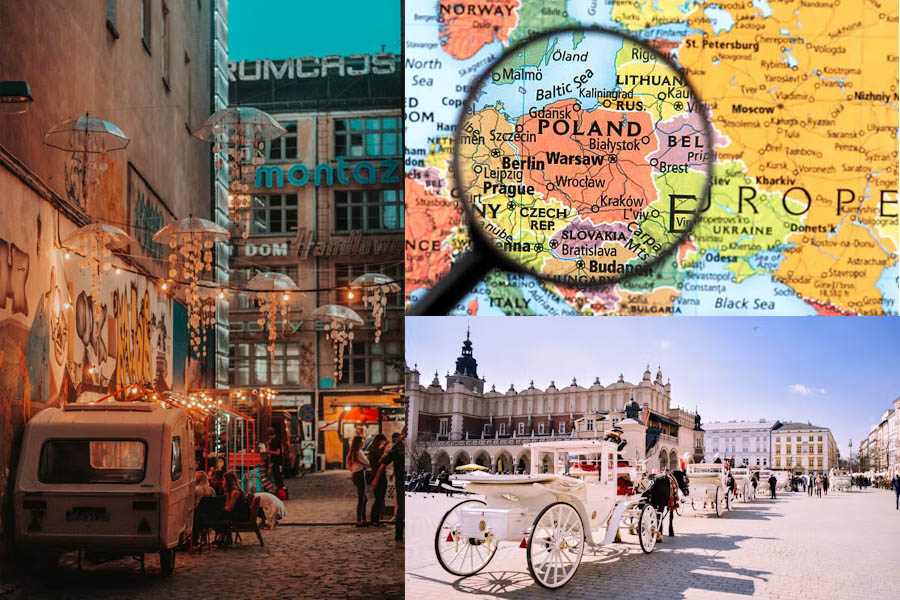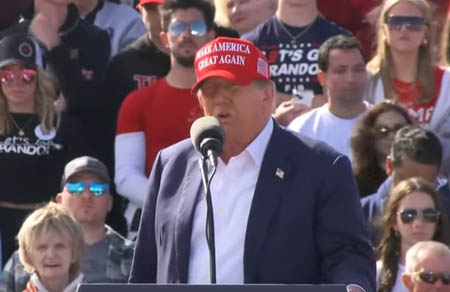
Poland at a Crossroads: Election Amid Russia-Ukraine War and EU Challenges
November 25, 2024Poland, long a stalwart ally in NATO's response to the Russia-Ukraine war, is grappling with internal crises that could reshape its role in Europe and beyond. As geopolitical tensions simmer in Eastern Europe, Poland is immersed in a political and social upheaval that has broader implications for its future and for the stability of the European Union.
The Crucial Election Looming Over Poland
The stakes are high in Poland’s upcoming presidential election next May, an event that political analysts are calling a referendum on the government led by Prime Minister Donald Tusk. This election could determine whether Poland solidifies its progressive reforms or remains mired in political deadlock.
A Government Hamstrung by Internal and External Obstacles
In its first year, Tusk’s government made bold strides, including unblocking billions of euros in EU funds frozen under the previous PiS administration. Yet, many of its ambitious goals remain unfulfilled, hindered by both President Andrzej Duda’s vetoes and internal divisions within the ruling coalition.
Balancing Domestic Reforms and National Security
With war raging in neighboring Ukraine, Poland’s political discourse has increasingly centered on national security. Tusk, wary of losing ground to PiS on this issue, has adopted tougher stances on migration. His proposal to temporarily suspend asylum claims for migrants crossing from Belarus highlights a broader trend of hardening rhetoric across Europe.
Implications for Europe
Poland’s internal political battles are not just a national concern; they hold significant ramifications for the European Union. A victory for Tusk’s coalition in the presidential election could solidify Poland’s return to EU norms, strengthen the bloc’s unity, and bolster its support for Ukraine. Conversely, a PiS resurgence could embolden nationalist movements across Europe and deepen divisions within the EU.
Reader Reviews
- 🌟🌟🌟🌟🌟 "A well-rounded analysis of Poland’s challenges during such a crucial time!" - Anna K.
- 🌟🌟🌟🌟 "Thorough and engaging, this article breaks down complex topics." - Mark P.
- 🌟🌟🌟🌟🌟 "Essential reading for understanding Poland’s political landscape." - Sophia L.
Tags: #Poland 🇵🇱 #Election2025 🗳️ #RussiaUkraineWar ⚔️ #EuropeanUnion 🇪🇺 #PoliticalReform 🏛️ #DonaldTusk 🗣️ #AndrzejDuda 🇵🇱 #Migration 🚶♂️ #AbortionRights ⚖️ #PolishPolitics 📊 #GlobalPostHeadline
Thank you for reading: Globalpostheadline.com





